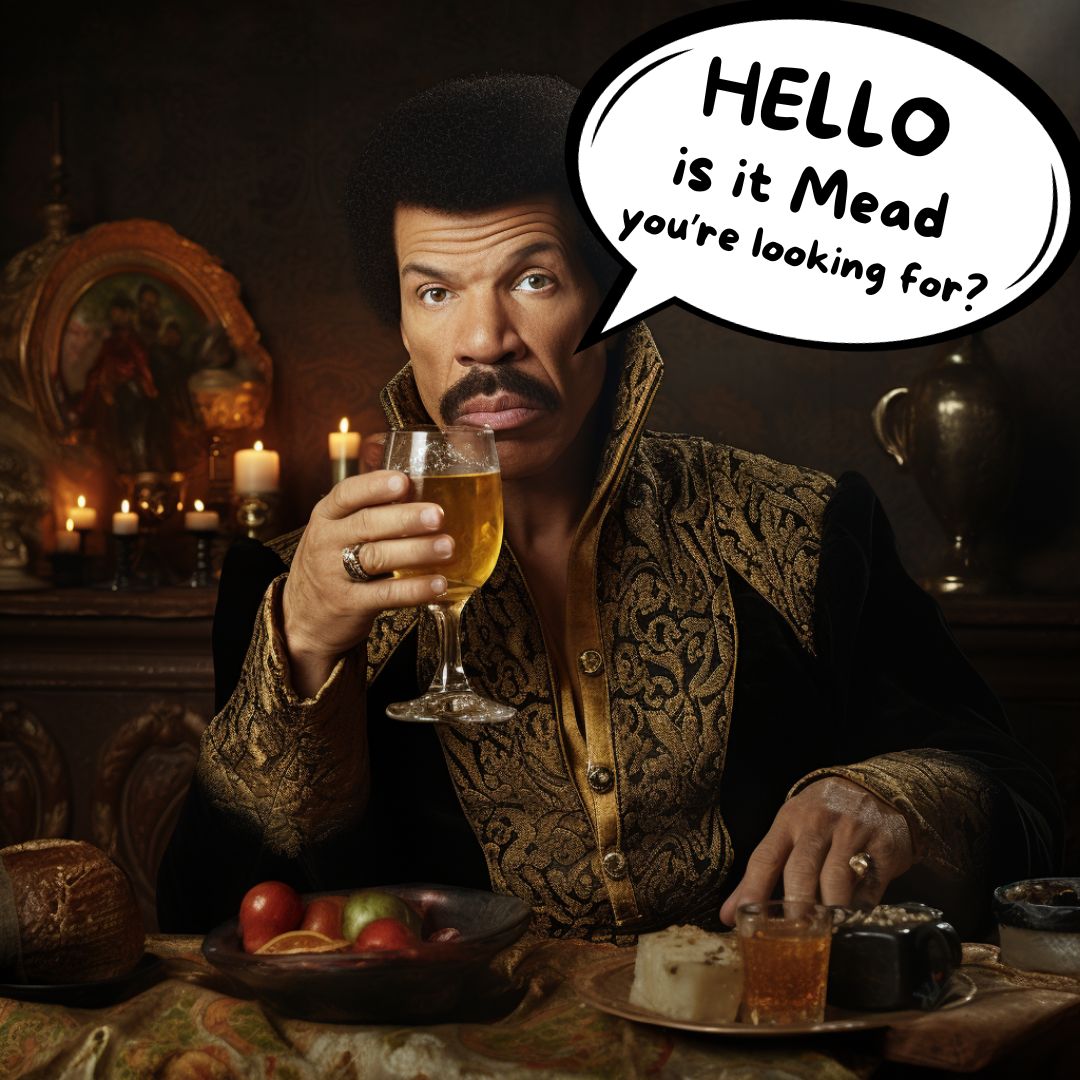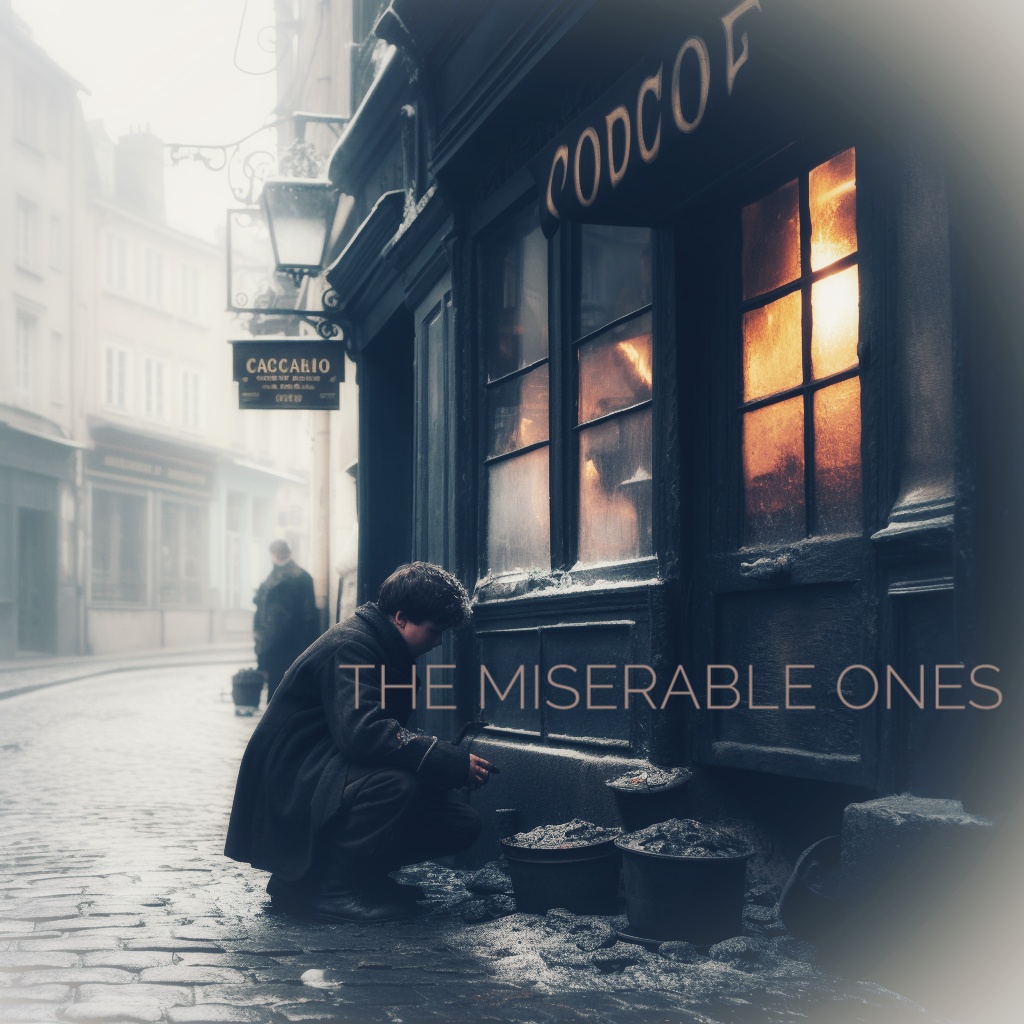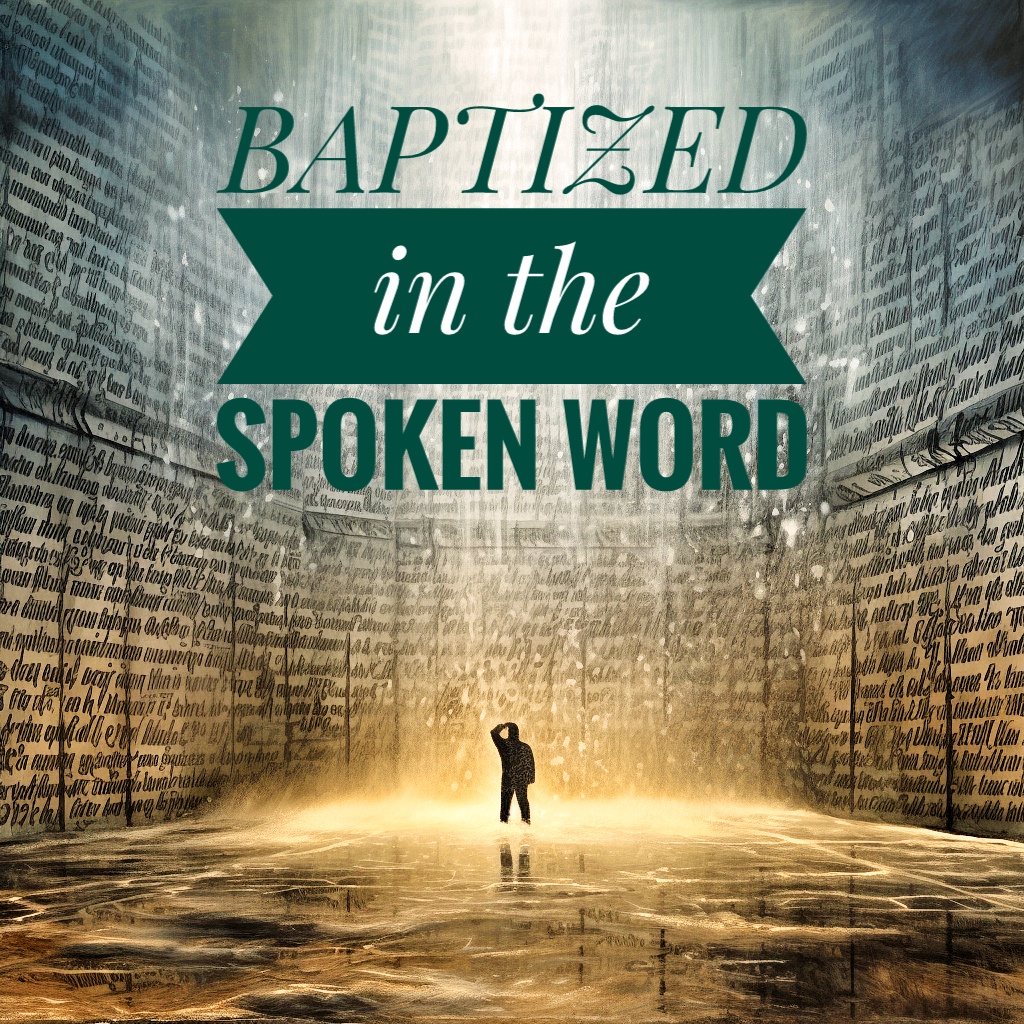
The Road to Bone Hill Book Review by Glenda
The Road to Bone Hill
Review by Glenda
The Road to Bone Hill by Kenton J. Moore
Published by Soul Forge Media
___________________________________________________
Hello, is it mead you’re looking for?
Lionel Ritchie, started humming. The skull’s empty eye sockets blinked. I swear I saw a horn move. I entered a world I never knew existed…


The Road to Bone Hill took this reader from the Coast of BC to the North of Kamloops in Canada. Invited by author Moore, I flew into his story, fuelled by a big bucket of honey and a restless spirit. I entered the world of mead.
I didn’t know I meaded it until I read it.
Moore both entertains and educates as he zips the reader through the process of mead-making. His attention to detail had me believing that I too, could make mead simply by following his instruction. At moments I wanted to. At moments I could smell the cotton candy air as he caramelized honey. At moments I could taste the words on my tongue. I drooled, it landed on the cover of the book, and I wiped. My husband asked what I was doing.
“Just reading. Do we have any mead anywhere? I have a sudden urge.”
“Mead?”
He looked at me blankly. He needed to read the book.
I appreciated the dip into history as Moore explored the French mead from the 1300’s. I thought it fascinating that one could drink essentially the same mead from that era and also interesting from a historical perspective, that a recipe copied from century to century still existed, giving me a small glimpse into their lives. As the book was an instruction book of Mead I think a deeper dip into Mead’s history may have accentuated the flavor, like salt on caramel.
The bones and the name on the cover made me say “Whattt?” and I was thoroughly pleased when Moore connected the cover to his story.
Moore avoids a book of dry instruction by dipping in and out of the ‘how to’s and into the ups and downs of his life. The result is a nicely paced book that had me flipping pages to see what would happen next.
Moore’s passion, his life, his know-how, and a couple of recipes are nicely contained in a paperback available on Amazon for 26.87 Canadian Dollars. If you are thinking you want to make mead, it’s an amazing price for his knowledge. Moore also seems to be a human you could reach out to via social media with any question. Indeed for the price of a couple of Big Macs, some fries, and a chocolate shake you could have his wisdom sitting on your bookshelf and his mind a Facebook click away.
While the information and Moore’s life were tied up into a well-worded bow, I had difficulty with the presentation from the layout/publishing aspect. While surprised that the photos contained inside were color, some of the photos were pixelated leaving the reader feeling that the publishing was on the low side. A couple of pages had off – centered text that seconded the first thought. The blurb on the back didn’t have the negative space surrounding the text that seemed in tune with a higher-quality publishing experience. I realize that color photos are not inexpensive, so I appreciate the idea. To push this idea to perfection it would have been ideal to see a paper quality that supported crisp color photography.
As I can see the book being pulled off the shelf of a Mead maker again and again and again, I can imagine a more durable cover would be forgiving to juice-covered fingertips. My drool marks didn’t wipe off.
Not yet available on Kindle, I’m quite sure this medium would be welcomed by all.
I rate the layout of the book at a 3 out of 5 and the inside information a solid 4 out of 5 with a strong encouragement to buy if you are looking at getting started in mead making. Moore’s experience, I feel, could save you a lot of time and money and it was just plain enjoyable to read.
The Road to Bone Hill is a lively site see through the eyes of Moore. I enjoyed reading about parts of BC I have never visited and hearing some stories of his life as he navigated COVID and loss. Even if you have no desire to make mead but enjoy memoirs and biographies of regular people, I would recommend it.
Now I’m off to the liquor store to find a bottle of mead even if I don’t mead it ;P.












